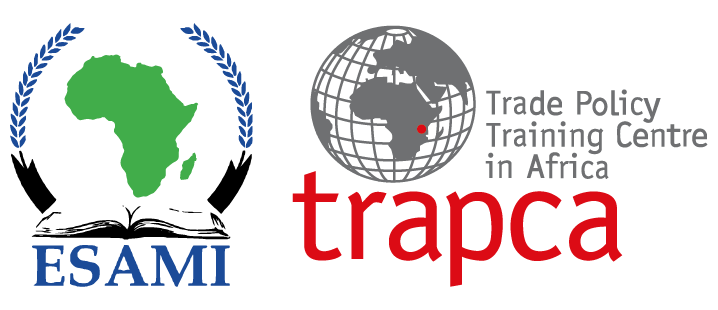Overview
Despite of being a permanent feature of every African Regional Economic Community’s trade agreement, only a few countries in Africa have the capacity to invoke provisions of trade defense instruments. Consequently, most trade negotiators do not have either theoretical or practical knowledge of these instruments. They therefore fail to factor them in, in the overall balance of negotiated concessions and outcomes. This is generally due to lack of technical capacity in this area as well as institutional incapacities that are key to making legitimate use of trade defense instruments by countries. Training on trade defense instruments (i.e. Anti-Dumping, Safeguards, Subsidies, Countervailing Measures and dispute settlement mechanism) is therefore key. An Africa-centric training that should carry an in-depth review of the substantive elements of the three contingent trade remedies as well as their procedural requirements in the context of AfCFTA and African RTAs is key. The course will be open to public and private sector participants as well as the civil society.
Objectives of the Course
The objectives of the course are to:
Scope of Coverage
The course will cover the following:
Fees and other costs
The fee for the programme will be payable in US dollars and will cover tuition, presentation material and other documentation. It also includes lunch and refreshments during each working day. Discounts are available for every 2 or more delegates registered from the same institution.
Course Fee: $1800
Venue: Mombasa, Kenya. However, subject agreement with clients, the course may be offered in any of the following venues: Kampala, Uganda, Mombasa, Kenya; Nairobi Kenya; Livingstone Zambia; Zanzibar, Arusha, Tanzania and Dubai.
Dates: 1-5 May 2023
How to apply
Prospective participants should apply by filling the form below.
Inquiries
For any inquiries, kindly write to admissions@trapca.org
